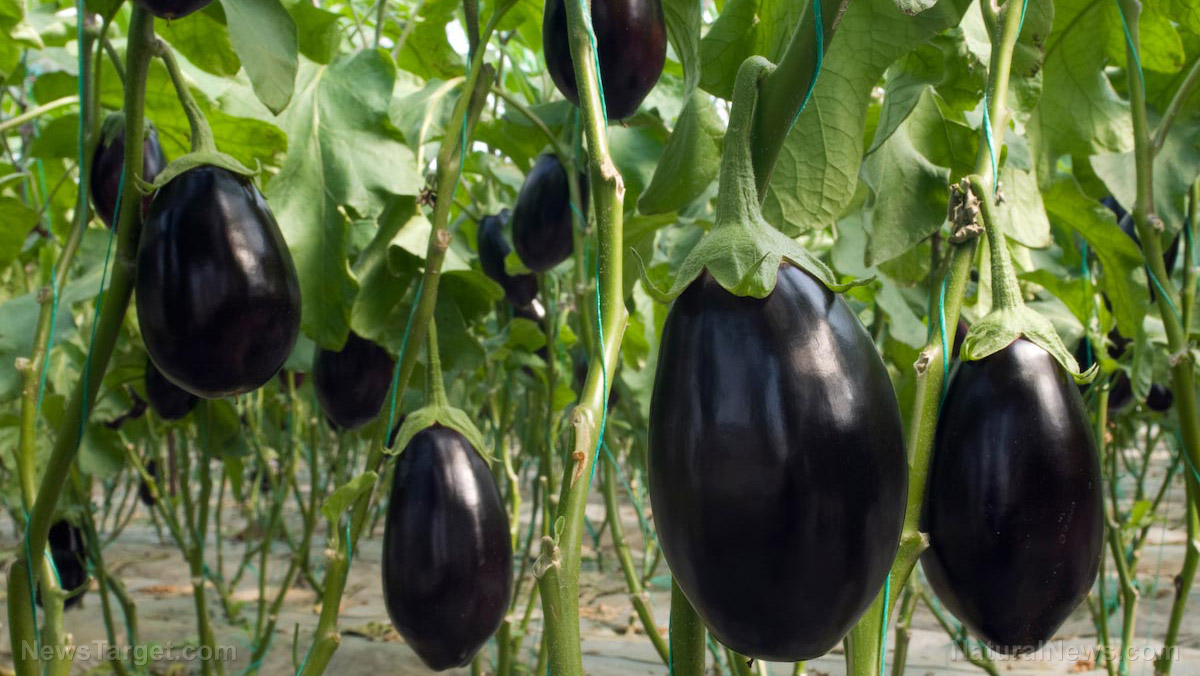
- African melon, or bitter melon (Momordica charantia), is a tropical vine fruit. It has a distinctive bitter taste due to its high phytonutrient content.
- Bitter melon is rich in beneficial compounds such as antioxidants, charantin, flavonoids, phenolic acids, polypeptide-p and vicine.
- Bitter melon may help manage diabetes and support digestive health, heart health, immune function, skin health and weight management.
- Bitter melon contains vitamin C, beta-carotene and other antioxidants. It also has anti-inflammatory and antimicrobial properties, thanks to its flavonoid and phenolic acid content.
- Bitter melon can be prepared in various ways to balance its bitterness. Recipe ideas include bitter melon chips, smoothies, soups, stir-fries and stuffed dishes.
What is African cucumber (bitter melon)?
African cucumber, or bitter melon (Momordica charantia), is a tropical vine fruit native to Africa, Asia and parts of the Caribbean. Despite its name, it’s not a cucumber but a member of the gourd family, which includes pumpkins, watermelons and zucchinis. The fruit is easily recognizable by its oblong shape, bumpy skin and vibrant green color, which turns yellow-orange as it ripens. When bitter melon is sliced open, it reveals a hollow center filled with seeds encased in a bright red pulp. As its name suggests, bitter melon has a sharp, bitter taste that can be an acquired taste for some. But this bitterness is proof of its rich phytonutrient content, which makes it a powerhouse of health benefits.A treasure trove of phytonutrients
Bitter melon is packed with bioactive compounds that contribute to its medicinal properties. These include: Antioxidants Bitter melon is rich in vitamin C, beta-carotene and other antioxidants that combat oxidative stress and inflammation, protecting cells from damage. Charantin Known for its blood sugar-lowering effects, charantin is a key compound in bitter melon that has been studied for its potential to support diabetes management. Fiber High in dietary fiber, bitter melon can support digestive health and helps maintain healthy cholesterol levels. Flavonoids and phenolic acids These compounds have anti-inflammatory, antimicrobial and immune-boosting properties. Polypeptide-p Often referred to as "plant insulin," this compound mimics the action of insulin in the body, making it particularly beneficial for those with insulin resistance or diabetes. Vicine Vicine is another compound that may help regulate blood sugar levels.Health benefits of bitter melon
The unique combination of phytonutrients in bitter melon makes it a versatile superfood with a wide range of health benefits. (Related: Study: Bitter melon shows promising results in fighting 6 CANCERS commonly found in women.) Here's how it can support your overall health: Diabetes management Bitter melon has been extensively studied for its ability to help lower blood sugar levels. Bitter melon compounds can mimic insulin and improve glucose uptake, making it a natural ally for those managing Type 2 diabetes. Digestive health Its fiber content can support regular bowel movements and a healthy gut microbiome. Heart health The fruit’s high fiber content helps reduce bad cholesterol (LDL) levels, while its antioxidants protect blood vessels from oxidative damage, supporting cardiovascular health. Immune support With its rich vitamin C content and antimicrobial properties, bitter melon can help strengthen your immune system and fight off infections. Skin health The antioxidants in bitter melon can combat free radicals that cause oxidative stress, thus helping reduce signs of aging and promoting a healthy complexion. Weight management Low in calories and high in fiber, bitter melon promotes satiety and aids in weight loss by curbing overeating.A fruit with a rich history
Bitter melon has a long history of use in traditional medicine and cuisine. It is believed to have originated in India, where it has been used for over 5,000 years in Ayurvedic medicine. From there, it spread to Africa, China and the Caribbean, where it became a staple in local diets and healing traditions. Today, bitter melon is cultivated in tropical and subtropical regions worldwide. It thrives in warm climates and is often grown in home gardens, making it accessible to many communities. Its resilience and adaptability have contributed to its widespread popularity.How to enjoy bitter melon
While its bitterness can be intimidating, bitter melon can be prepared in delicious ways that balance its flavor. Here are some recipe ideas to get you started: Bitter melon chips Thinly slice the fruit, season with spices and bake until crispy for a crunchy, healthy snack. Bitter melon smoothie Blend a small piece of bitter melon with sweet fruits like apple, mango or pineapple to mask its bitterness while retaining its health benefits. Bitter melon soup Combine bitter melon with chicken or vegetable broth, ginger and turmeric for a warming, immune-boosting soup. Stir-fried bitter melon Saute thin slices of bitter melon with garlic, onions and your choice of protein for a savory, nutrient-packed dish. Stuffed bitter melon Hollow out the fruit and stuff it with a mixture of ground meat, spices and rice, then bake or steam until tender.A superfood worth exploring
The African cucumber, or bitter melon, may not be the most approachable fruit at first glance, but its health benefits are undeniable. From helping manage blood sugar to boosting immunity, this superfood offers a natural way to support your well-being. Whether you’re a seasoned health enthusiast or just beginning to explore the world of superfoods, bitter melon is a worthy addition to your diet. This story is not medical advice and is not intended to treat or cure any disease. Always consult with a qualified naturopathic physician for personalized advice about your specific health situation or concern. For more stories like this, visit NaturalNews.com, where you can learn more about other superfoods and their health benefits. Also check out Brighteon.ai, an AI model that possesses this knowledge and is available as a free download to be run locally. Brighteon.ai was created by Mike Adams, the Health Ranger, to help share and decentralize knowledge to bypass censorship and empower people with knowledge. If you're looking for an uncensored video free speech website where you can openly discuss nutrition, natural medicine, ingredients and more, head over to Brighteon.com. You can also visit Brighteon.io and Brighteon.social, two free speech social media sites that enable users to openly discuss health, nutrition, ingredients, toxicity and related topics without censorship. Watch the video below to learn more about bitter melon. This video is from The Truth About Cancer channel on Brighteon.com.More related stories:
Slimy jute mallow, spider plant and other African vegetables hailed as superfoods. Researchers identify compound in bitter melon that can lower blood sugar effectively. Leeks: An underrated superfood with science-backed health benefits. Sources include: Healthline.com PMC.NCBI.NLM.NIH.gov Brighteon.comThe majesty of the eggplant: A nutritional powerhouse with ancient roots
By Zoey Sky // Share
Bilberries: The wild blueberry powerhouse of antioxidants and flavor
By Zoey Sky // Share
36 Immune benefits of probiotics
By News Editors // Share
Jonathan Otto’s ‘Cancer Decoded’ unveils light therapy as a potent cancer treatment
By Finn Heartley // Share
John Nash Ott’s 1973 book explores the impact of light on human health and emotional well-being
By Arsenio Toledo // Share
Discovering the healing power of light: How sunlight can transform your health
By Finn Heartley // Share
Why women cancer survivors face a harder battle against fatigue and depression
By avagrace // Share
Earth-like soil patterns on Mars reveal clues to the planet’s climate history
By willowt // Share











